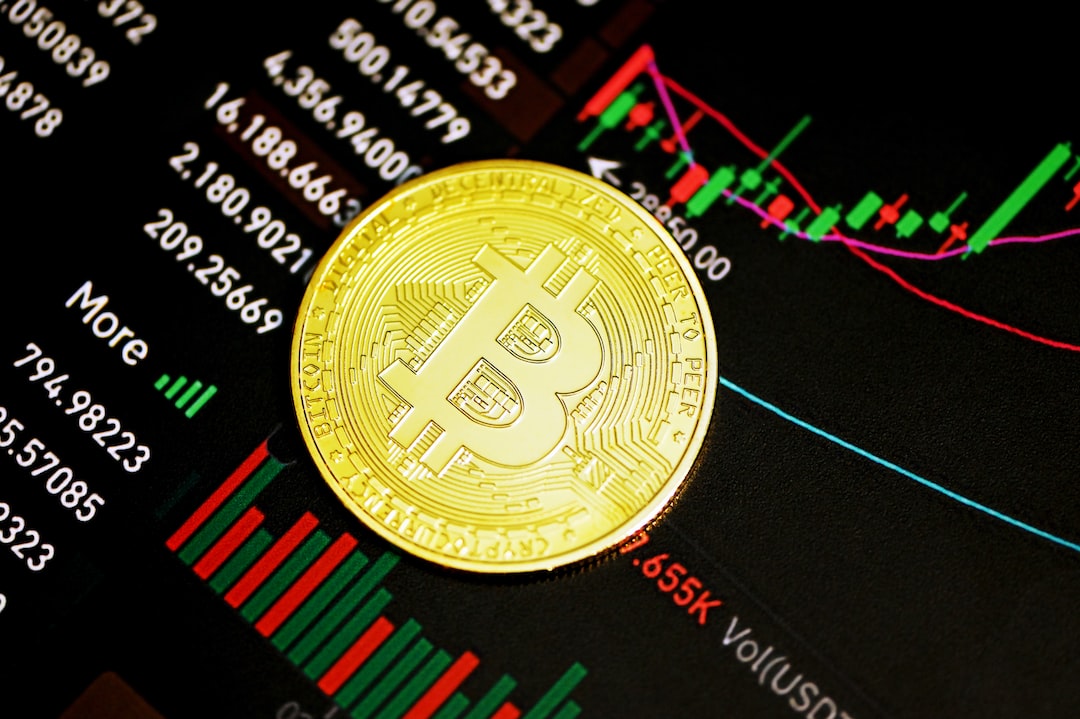Kraken Co-founder Jesse Powell Believes Crypto Game is Fairer Now
Kraken co-founder Jesse Powell recently expressed his thoughts on the state of the crypto industry following Binance co-founder Changpeng Zhao’s resignation and guilty plea to money laundering charges. Powell stated that the situation raised questions about how Binance was operating and getting away with it while market share dwindled for others. However, he emphasized that Kraken is playing the long game and has patient shareholders who understand the challenges faced by the industry. He also mentioned that self-policing is crucial as crypto companies cannot rely on timely protection from regulators.
SEC Charges Kraken with Operating as an Unregistered Securities Exchange
The US Securities and Exchange Commission (SEC) recently charged Kraken with operating as an unregistered securities exchange, broker, dealer, and clearing agency. This comes after the SEC previously charged Kraken in February for failing to register its crypto asset staking-as-a-service program. Kraken’s parent firms settled the charges by paying $30 million. Jesse Powell criticized the SEC’s actions, stating that the settlement only bought them 10 months before facing extortion again. He also warned that Coinbase, Ripple, and Kraken would remain “easy targets” for the SEC.
Kraken Challenges SEC’s Lawsuit
In response to the SEC’s lawsuit against Kraken, the company published a blog post asserting that the SEC’s characterization of its products as investment contracts was incorrect and disastrous as a matter of policy. Kraken argued that there is no law supporting this position and that the SEC is demanding compliance with a regime that doesn’t exist.
Hot Take: Crypto Industry Moving Towards Fairness
Jesse Powell’s comments about Binance and his belief that self-policing is necessary reflect the growing concerns about regulatory scrutiny in the crypto industry. While some may see the SEC’s actions as a necessary step to protect investors, others argue that it stifles innovation and unfairly targets certain companies. As the industry continues to evolve, it remains to be seen how regulators will strike a balance between oversight and fostering innovation.





 By
By

 By
By
 By
By

 By
By